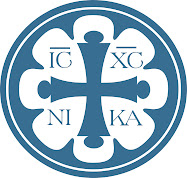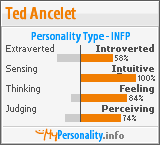I just jumped into Michael Frost's "Exiles: Living Missionally in a Post-Christian Culture" and one of the first things Frost does is hail the fall of "Christendom." So what is "Christendom"? Christendom, in the widest sense, refers to Christianity as a territorial phenomenon: those countries where most people are Christians, or nominal Christians, are part of Christendom. Frost expresses it this way,
"the cultural phenomenon that resulted when Christianity was established as the official imperial religion, moving it from being a marginalized, subversive, and persecuted movement to being the only official religion in the empire."
Frost goes on to comment,
"The death of Christendom removes the final props that have supported the culturally respectable, mainstream, suburban version of Christianity."
I would like to hear from you, what is your experience of this phenomenon? Do you find it true in your context? If so, what does it look like? How do you see this affect the way you live out your faith?










1 comments:
I need to know more about how Frost thinks "Christendom" has fallen. I would agree that Christianity is no longer "the official imperial religion," but the effects of it still linger. For example, I think there is a great Christian nominalism in our population: people whose families were traditionally Christian think of themselves as Christian because of family tradition or the passing phenomenon of Christendom.
Until the ripples of Christendom have passed away, I don't think the benefits of its (Christendom) passing are very beneficial, whatever those benefits may be according to Frost.
Post a Comment